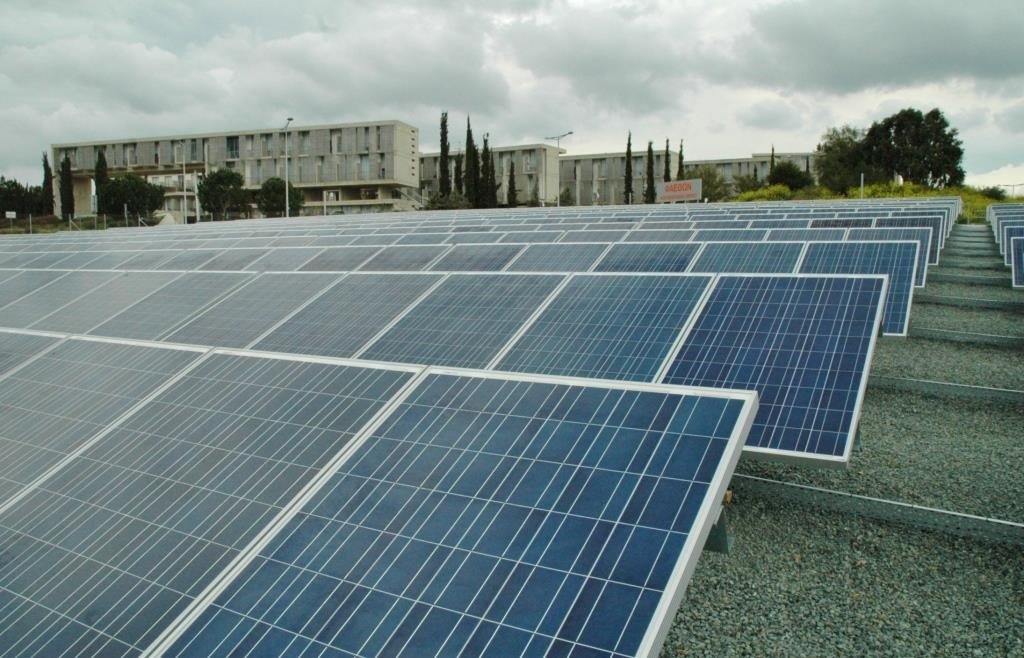A somewhat fractious exchange between the minister of energy and the electricity transmission operators took place on Friday, following publication of a letter sent by the latter to the ministry.
In the letter in question, the transmission and the distribution operators jointly exhorted the energy minister to immediately halt further installations of photovoltaic (PV) systems in residences, citing imminent danger to the security and stability of the grid.
Publication of the letter caused a stir as thousands of applicants are awaiting approval for PV installation on their homes, aided by state subsidy, a programme which has proved immensely popular amid the escalating cost of electricity.
Speaking on CyBC radio, transmission operator system (TSO) spokesman Vrahimis Koutsoloukas, explained that the current infrastructure can only handle a certain amount of energy from renewables, and this limit, quantified in 2020, is very close to being reached.
The letter to the ministry, sent on January 20, the TSO spokesman clarified, requested that installation of PVs be temporarily suspended, as a stopgap measure, until provisions can be added to an upgraded plan, currently being finalised.
At the moment, Koutsoloukas elaborated, three regulation categories for PV systems exist: one is fully-metered, fully controllable installations, that is PV parks; another is partially-controlled residential installations; and the third is un-metered, uncontrolled small residential installations below 7.14kW.
To pre-empt a system failure, Koutsoloukas said, the electricity operators require all systems to be controllable, so they can be turned off or disconnected when necessary, thus preventing a dangerous power-surge.
The current infrastructure cannot absorb all the energy created by renewables, the TSO spokesman explained, therefore integration of cut-off systems into unregulated installations, is a temporary fix, and gives time to review longer term solutions, such as storage capacity.
Integration of such cut-off systems can be done quickly, the spokesman added, with the cost born partly by the owner and partly by the electricity provider.
Energy Minster Natasa Pilides, for her part, responded by calling the letter “unacceptable” and “panic-inducing,” and declared the government had no intention of stopping the PV installation programme.
In addition to reducing the cost of electricity for vulnerable households and businesses, Pilides said, the programme promotes the green transition and the island’s independence from fuel imports, reduces the purchase of emissions rights, and enables the country to meet commitments made towards the EU Green Deal.
“Today, more than 31,000 PV net-metering systems are installed in residences, with a total output of more than 140 MW, [making up] over 20 per cent of renewable energy production in our country,” she said.
Pilides also noted that with the incentives given by the ministry from 2013 to 2022, the penetration of residential and commercial PV systems increased by 1700 per cent.
Applications submitted until the end of 2022 have doubled, while applications from vulnerable households, which stand at 80,000 this year, have almost tripled, the minister said.
Pilides’ take on the issue is that both temporary and long-term technical solutions exist for keeping up the momentum of PV installations.
“The administrators are requested to immediately consider these technical solutions and implement them as soon as possible, instead of sending threatening letters that sow panic,” the minister said.
Among the solutions proposed by the minister is the possibility of reallocating capacity between residential and commercial projects.







Click here to change your cookie preferences